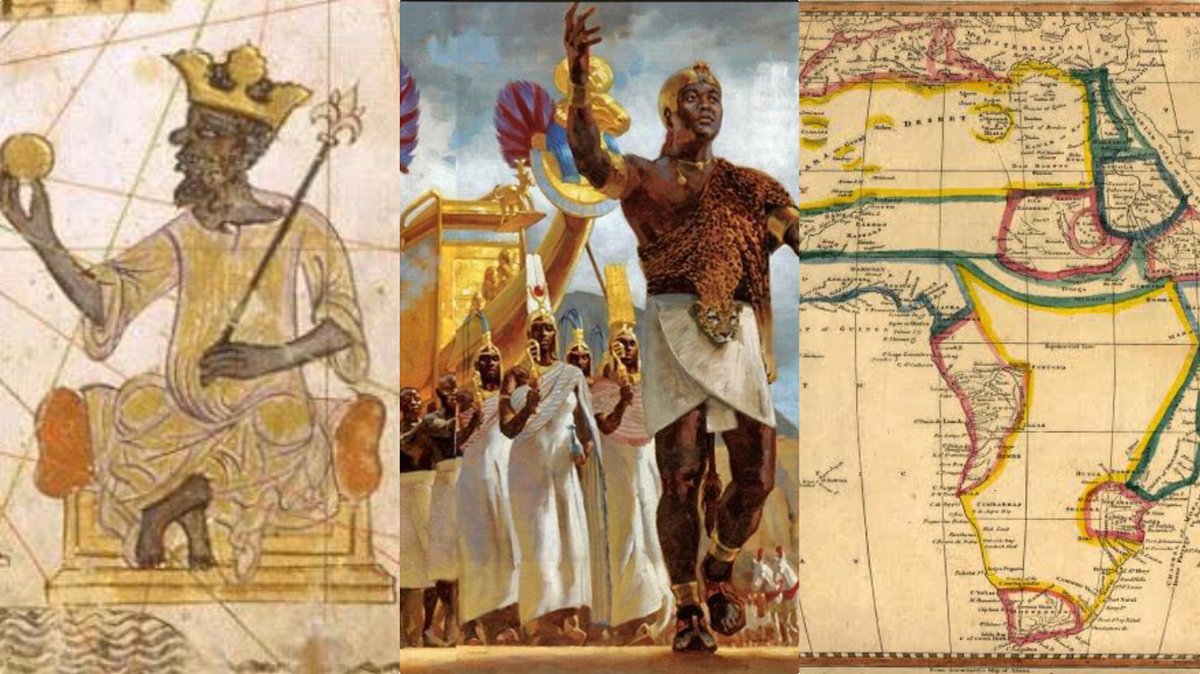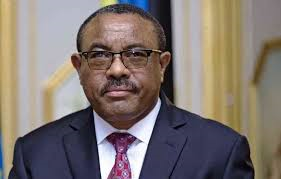“We want to build a new future as a global free trading nation, that’s what we are doing now and that’s what we will be embarking on, on 31st of January,”
For the UK though, the pledges came amid serious criticism of how it sees Africa.
“But in the words of an old Akan proverb that I picked up while I was in Ghana, ‘All fingers are not the same’.
The UK sent 4.3 per cent ($1.2 billion, £897 million) of its total FDI in Africa to Kenya in 2018. Some 67 per cent of this money went to the services sector, 37 per cent to manufacturing,
“Investment concentration on this sector is not necessarily desirable.















